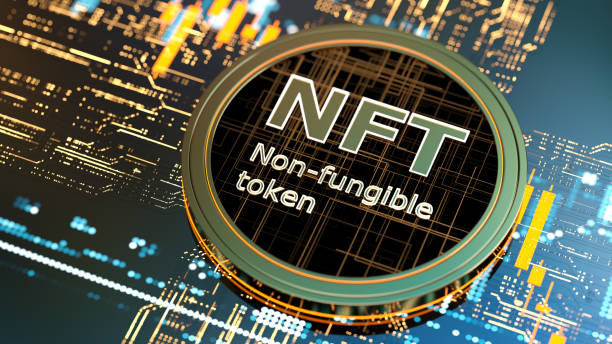
NON-FUNGIBLE TOKENS AND LEGAL CONSIDERATIONS IN NIGERIA
With the ongoing rave on the use, utility and acceptance of digital currencies and digital assets around the world, there have been a lot of innovations with the use of blockchain technology. More recently, non-fungible tokens (“NFTs”), which are said to have been in existence since the mid-2010s, have gained traction especially among creative professionals and are said to be the next big thing after cryptocurrencies such as Ethereum and Bitcoin, which are fungible.
The hype surrounding NFTs is linked to the mega purchases of NFTs around the world. Worthy of note is the sale of a digital art collage for $69.3 million through the British auction house: Christie’s. According to data from Cryptoart.io, a cryptocurrency art analytics platform, over 604,900 digital artworks have been sold since April 2018 for a combined art value of 251,380.913 ETH (i.e., Ethereum), estimated at $649 million. The recent boom can also be attributed to the upswing in the value of Ethereum, which can be used to purchase NFTs in part or full in some cases; and as the value of the assets in Ethereum grew, so did the buying power of the underlying owner.
Nigeria is not exempt from the NFT wave as practitioners in the Nigerian creative sector are already taking advantage of it, with Jason Osinachi selling two NFTs for $16,227 and $23,633 as reported by Techcabal.com.
With the attraction NFTs have garnered, there are legal issues and considerations that have also arisen which affect the creators and buyers of NFTs.
